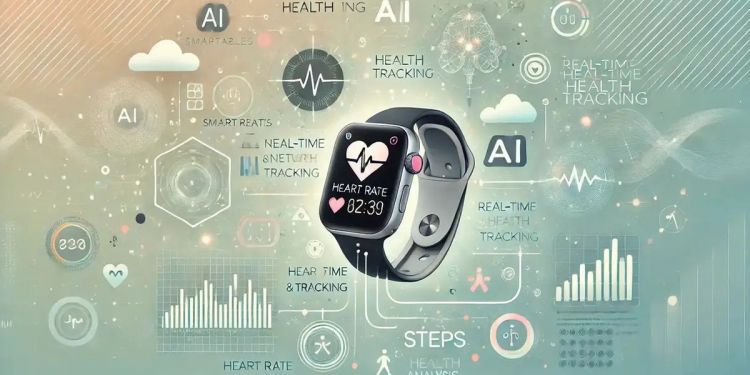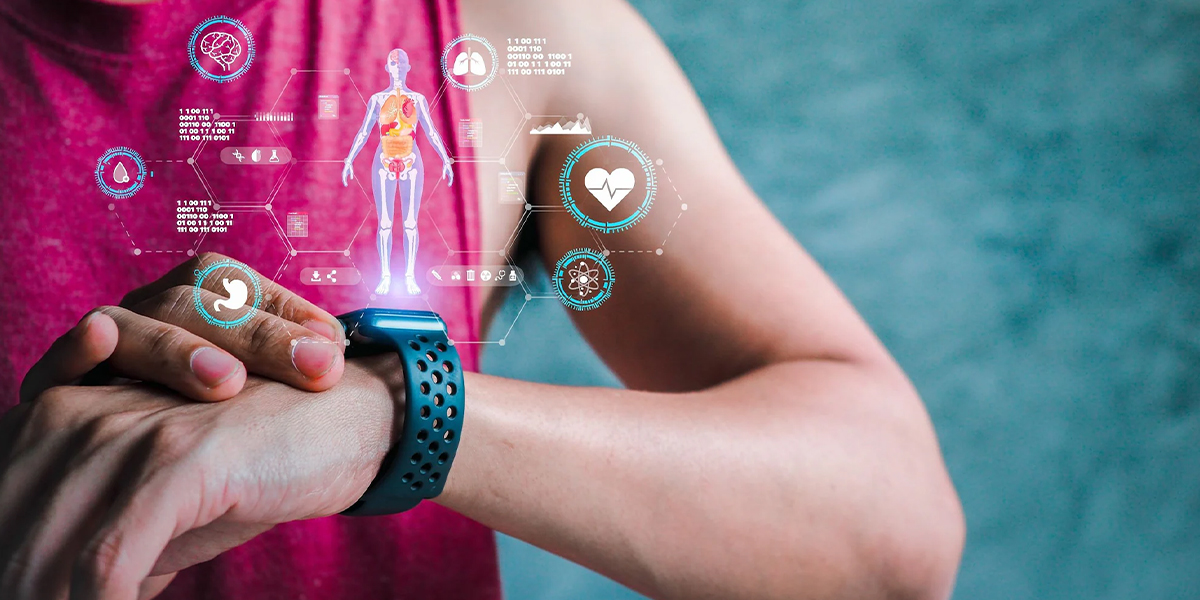
AI and Wearable Medical Devices
The convergence of artificial intelligence (AI) and wearable medical devices is revolutionizing healthcare, enabling continuous, real-time monitoring of the human body. This technological synergy promises to transform how we detect, manage, and even prevent illnesses, moving healthcare from reactive treatment to proactive wellness.
What Are Wearable Medical Devices?
Wearable medical devices are compact, sensor-equipped gadgets that individuals can wear on their bodies such as smartwatches, fitness trackers, glucose monitors, and ECG patches. These devices collect vital physiological data including heart rate, blood pressure, blood glucose levels, oxygen saturation, sleep patterns, and physical activity. Traditionally, such monitoring required clinical visits and bulky equipment, but wearables now empower users and doctors with immediate access to health data anytime, anywhere.
Role of AI in Wearable Devices
Artificial intelligence dramatically enhances the capabilities of wearable devices. Raw data collected by sensors can be noisy, complex, and difficult to interpret without advanced analysis. AI algorithms process and analyze these data streams, identifying patterns and anomalies that might indicate health issues.
For example, AI can detect irregular heartbeats (arrhythmias) by analyzing ECG data, predict hypoglycemic events in diabetic patients by monitoring glucose trends, or even recognize early signs of respiratory infections based on changes in breathing patterns. Machine learning models improve over time, becoming more accurate as they receive more data from the user.
Benefits of Real-Time Monitoring
Real-time monitoring enables early detection and timely intervention. Instead of waiting for symptoms to worsen or for scheduled checkups, patients and healthcare providers can receive instant alerts about abnormal health conditions. This capability is particularly valuable for chronic diseases such as diabetes, cardiovascular disorders, and respiratory illnesses.
Furthermore, wearable devices support personalized medicine by tailoring health recommendations based on an individual’s unique physiological data and lifestyle. AI-driven insights can motivate healthier behaviors, optimize medication dosages, and reduce hospital visits.

Privacy and Security Concerns
While the potential benefits are immense, the integration of AI and wearables raises important concerns about data privacy and security. Sensitive health information is continuously transmitted and stored, making it a target for cyberattacks. Manufacturers and healthcare providers must implement robust encryption and compliance with regulations like HIPAA to protect users.
Future Perspectives
The future of AI-powered wearables looks promising. Advances in sensor technology will allow for even more comprehensive monitoring, including biochemical markers like hydration and electrolyte levels. Integration with other AI systems, such as voice assistants and telemedicine platforms, will create seamless healthcare experiences.
Moreover, miniaturization and energy efficiency improvements will make these devices less intrusive and more user-friendly. Ultimately, wearable AI devices could become an integral part of preventive healthcare ecosystems, enabling healthier, longer lives.
Conclusion
AI and wearable medical devices are reshaping the landscape of healthcare by enabling continuous, real-time monitoring of the human body. This transformative technology offers early detection, personalized treatment, and improved quality of life. As challenges around privacy and technology are addressed, the future points to a world where healthcare is not confined to clinics but integrated seamlessly into daily life.




